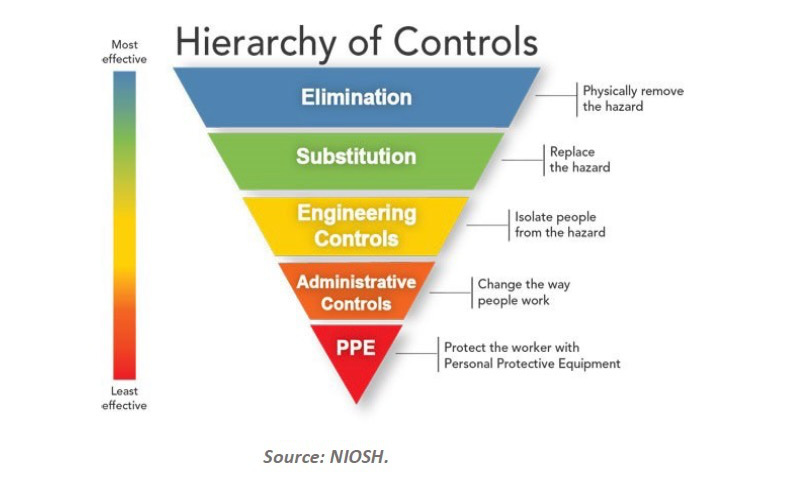In a perverse kind of way, President Clinton may be providing an important service to the nation by forcing us to reexamine many of the ethics and standards that we have generally applied in business and public life.
In a perverse kind of way, President Clinton may be providing an important service to the nation by forcing us to reexamine many of the ethics and standards that we have generally applied in business and public life. Unless he is impeached, it does not appear that Clinton will have to pay the same kind of price the rest of us would have to pay for similar actions (i.e., lying under oath or having a sexual relationship with a staff member in the office). You or I would be summarily dismissed. Questions later.
It frustrates and infuriates me — and, I hope, you — that government imposes on us standards that it doesn’t impose on itself. Consider, for example, the plight of a plant engineer and his plant manager in the following case.
A few months ago, the law firm of Seyfarth, Shaw, Fairweather & Geraldson posted this report (credited to Environmental, Safety & Health Report) on its internet site:
In United States v. Sinskey, the Eighth Circuit Court of Appeals upheld the criminal convictions of two of John Morrell & Co.’s employees, the plant manager and the plant engineer, for knowingly rendering an effluent monitoring method inaccurate. The convictions were based on violations of provisions of the Clean Water Act.
The Court held that “the government was not required to prove that [the defendant] knew that his acts violated either the CWA or the NPDES permit, but merely that he was aware of the conduct that resulted in the permit’s violation.” To “knowingly” violate the Clean Water Act, according to the Court, a person must only know of the relevant actions, not that the actions themselves are illegal.
So these poor guys get a conviction on their record for something they didn’t even know was illegal, while the President thumbs his nose at the legal system because “it’s personal.”
As I see it, the Clinton case forces us to examine our own hypocrisy as a nation in the formulation of our laws and the application of our justice. It reminds us that our tradition of “blind justice” is a hoped-for ideal, but not a reality.
Some years ago, the noted writer E.B. White was commenting on an ethical issue. The act, he said, “may not in itself be evil. But it is the beginning of evil.”
Clinton’s actions are the beginning of evil. Let’s hope it is not allowed to spread.



